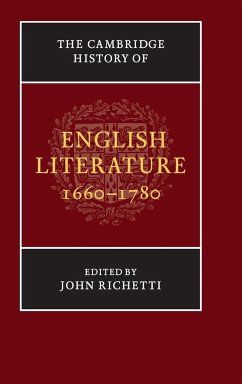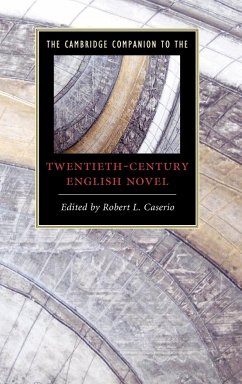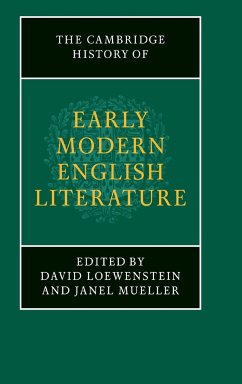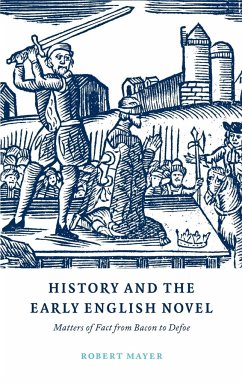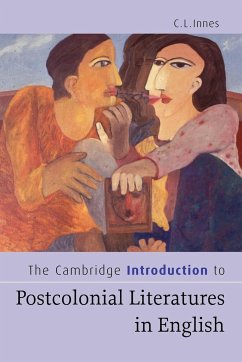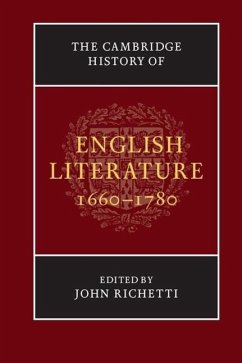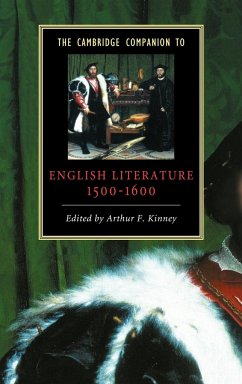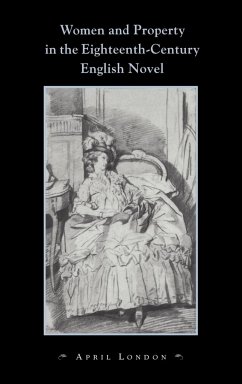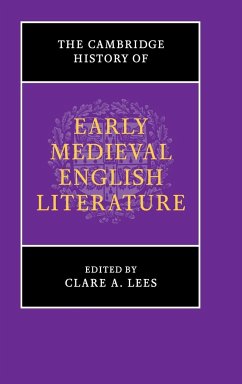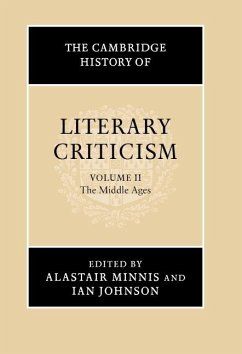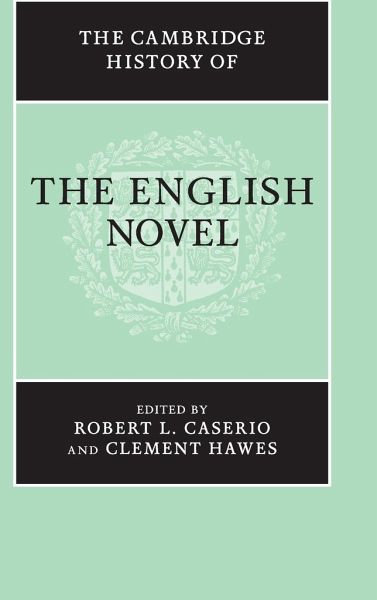
The Cambridge History of the English Novel
Versandkostenfrei!
Versandfertig in 1-2 Wochen
235,99 €
inkl. MwSt.
Weitere Ausgaben:

PAYBACK Punkte
118 °P sammeln!
The Cambridge History of the English Novel chronicles an ever-changing and developing body of fiction across three centuries. An interwoven narrative of the novel's progress unfolds in more than fifty chapters, charting continuities and innovations of structure, tracing lines of influence in terms of themes and techniques, and showing how greater and lesser authors shape the genre. Pushing beyond the usual period-centered boundaries, the History's emphasis on form reveals the range and depth the novel has achieved in English. This book will be indispensable for research libraries and scholars,...
The Cambridge History of the English Novel chronicles an ever-changing and developing body of fiction across three centuries. An interwoven narrative of the novel's progress unfolds in more than fifty chapters, charting continuities and innovations of structure, tracing lines of influence in terms of themes and techniques, and showing how greater and lesser authors shape the genre. Pushing beyond the usual period-centered boundaries, the History's emphasis on form reveals the range and depth the novel has achieved in English. This book will be indispensable for research libraries and scholars, but is accessibly written for students. Authoritative, bold and clear, the History raises multiple useful questions for future visions of the invention and re-invention of the novel. The Cambridge History of the English Novel chronicles a body of fiction over three centuries. An interwoven narrative of the novel's development unfolds over more than fifty chapters, tracing lines of influencethrough thematic chapters and showing how the greatest authors shaped the genre.





